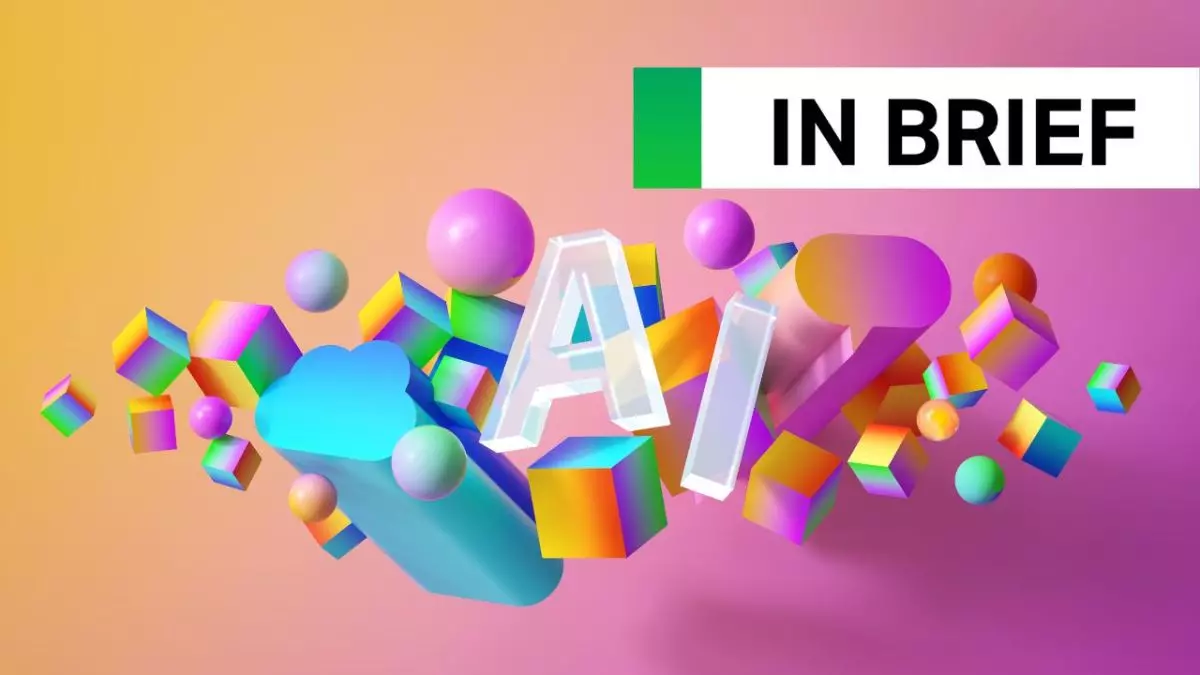The debate over the capabilities of generative AI in creating true art continues to rage on, with writer Ted Chiang adding his voice to the conversation. Despite the advancements in AI technology, Chiang believes that true art can never be replicated by machines.
The Argument Against Generative AI
In a recent article, Chiang argues that while generative AI has shown promise in certain areas, it falls short when it comes to producing true art. According to Chiang, the essence of art lies in the ability to make choices and decisions, something that AI lacks.
Chiang goes on to describe generative AI as a “fundamentally dehumanizing technology” that undermines our creative abilities as human beings. By relying on AI to generate content, we risk lowering our expectations and losing our sense of agency in the creative process.
One of the key points Chiang highlights is the importance of choices in the creation of art. He argues that true art is the result of deliberate decisions made by artists, choices that reflect their unique perspectives and intentions. In contrast, AI lacks the ability to make genuine choices based on personal experience and emotion.
Art as a Form of Communication
Chiang also emphasizes the role of art as a form of communication between the artist and the audience. While AI may be capable of producing content, it lacks the ability to establish a meaningful connection with viewers or convey the deeper emotional and intellectual layers that define true art.
Chiang’s critique of generative AI raises important questions about the nature of art and creativity. While AI may continue to advance and improve, it is unlikely to ever truly replicate the depth and complexity of true art. As Chiang aptly summarizes, “We are all products of what has come before us, but it’s by living our lives in interaction with others that we bring meaning into the world.”

